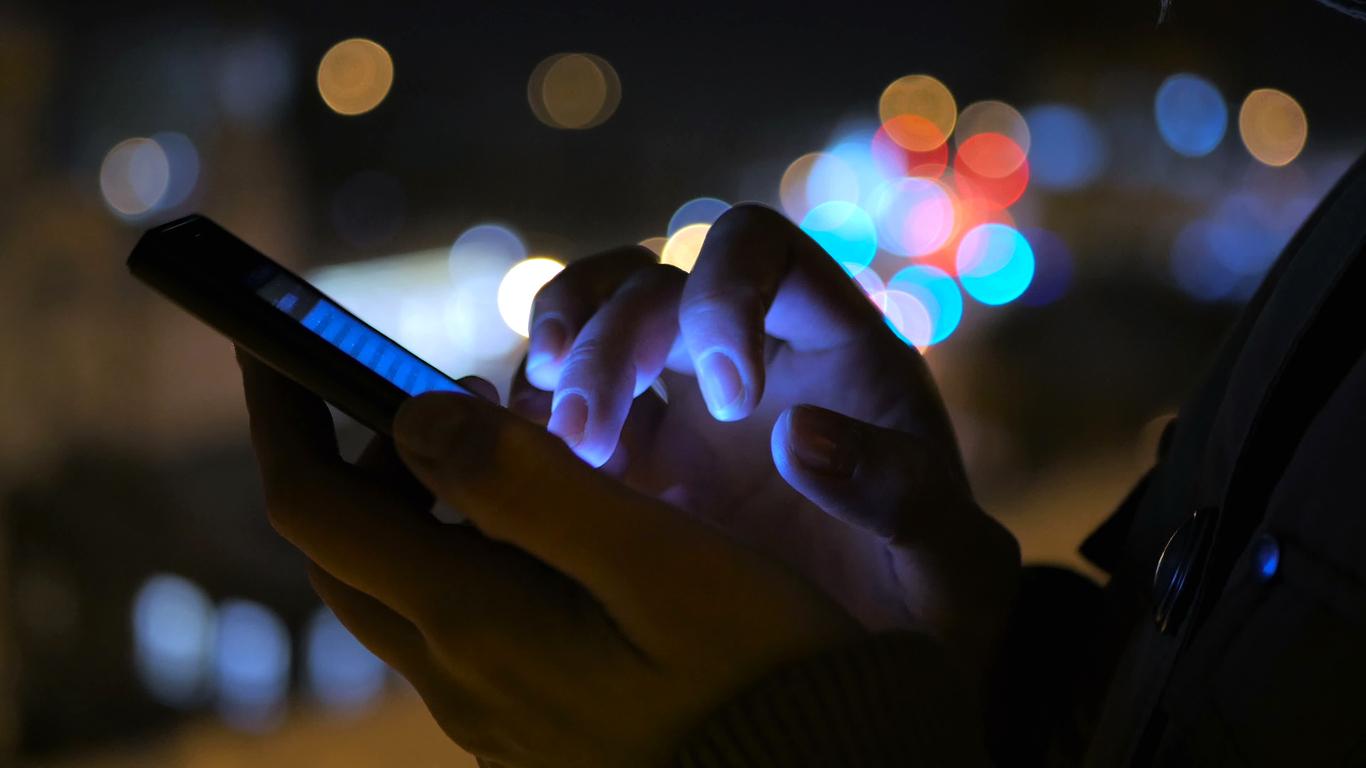Six emergency phone hacks that could save your life

Your support helps us to tell the story
From reproductive rights to climate change to Big Tech, The Independent is on the ground when the story is developing. Whether it's investigating the financials of Elon Musk's pro-Trump PAC or producing our latest documentary, 'The A Word', which shines a light on the American women fighting for reproductive rights, we know how important it is to parse out the facts from the messaging.
At such a critical moment in US history, we need reporters on the ground. Your donation allows us to keep sending journalists to speak to both sides of the story.
The Independent is trusted by Americans across the entire political spectrum. And unlike many other quality news outlets, we choose not to lock Americans out of our reporting and analysis with paywalls. We believe quality journalism should be available to everyone, paid for by those who can afford it.
Your support makes all the difference.At some point, most of us will either be involved in or witness an accident, so knowing what to do next can potentially save lives.
That being said, not all emergencies are as simple as dialling 999. What should you do if you’re on holiday abroad, find yourself in a disaster zone, or feel too afraid to speak out loud on the phone?
Luckily, if you own a mobile you’re never truly stuck - because there are now countless ways to fetch help at the touch of a button.
1) How to text 999
If you find yourself in a situation where you’re unable to speak, you do have the option to text 999. However, this will take longer than caller them directly.
To do so, you must already be registered with the emergencySMS service so make sure you text ‘register’ to 999 and follow the instructions you are sent.
When an emergency happens, you should create a text that contains the name of the service you require, what the problem is and the location.
The emergency services will then reply to you asking either for more information or to tell you that help is on its way.
2) The emergency number you need when travelling
A surprising number of people are completely unaware of who to call in case of an emergency abroad but if you’re travelling in the EU then 112 is your life-saving number.
You can call 112 with no charge and will be put through to a specially trained operator who will deal with your request or transfer the call to the most appropriate emergency service.
If you don’t know where you are, the operator will identify your location. 112 can also be used in some countries outside of the EU including Switzerland and South Africa.
3) How to add emergency contacts to your lock screen
In case on an emergency, it’s vital that rescuers or doctors are able to contact your next of kin but as most mobiles are password-protected, this isn’t always easy.
Enter, ICE app which lets you put your emergency information on your lock screen so that anyone can access it if need be.
As well as displaying your next of kin’s number, it is also able to save information about medications you take, your blood type, allergies and medical conditions.
4) The app that alerts you of natural disasters
When travelling, you don’t always have access to the radio or TV so it can be difficult to be alerted when a natural disaster strikes.
But, that’s where the Disaster Alert app comes in. Free to download, the app works around the globe and warns you of any emergencies that might be near by including floods, earthquakes, storms or avalanches.
You can also look anywhere in the world and tap on an alert to get a profile of it including how long the alert has been active and how serious it is.
5) What to do if you need help but can’t talk
There may come a time when you need to call the emergency services but doing so could put you, or those around you, in even more danger.
The solution? Dial 55.
When you call 999, an operator will ask which service you require. If you remain silent and it’s an emergency, you’ll be asked to cough or make some other audible sound without speaking.
But if making any noise at all might put you at risk the answer is to dial ‘55’.
If after calling 999 you haven’t been able to signal to the operator that your call is an emergency by coughing, you’ll be put through to an operating system.
At this point you need to dial ‘55’, otherwise the call will be ended. This is called the ‘silent solution.’
6) The RapidSOS app
With just one touch of this emergency app users are able to contact the police, fire service or seek medical attention without the need for signal.
The service connects you to the closest dispatch centre and sends your location even if you don’t know here you are.
It can be used in 135 countries and will even send the users details and any pre-entered medical information that’s been attached.
Join our commenting forum
Join thought-provoking conversations, follow other Independent readers and see their replies
Comments